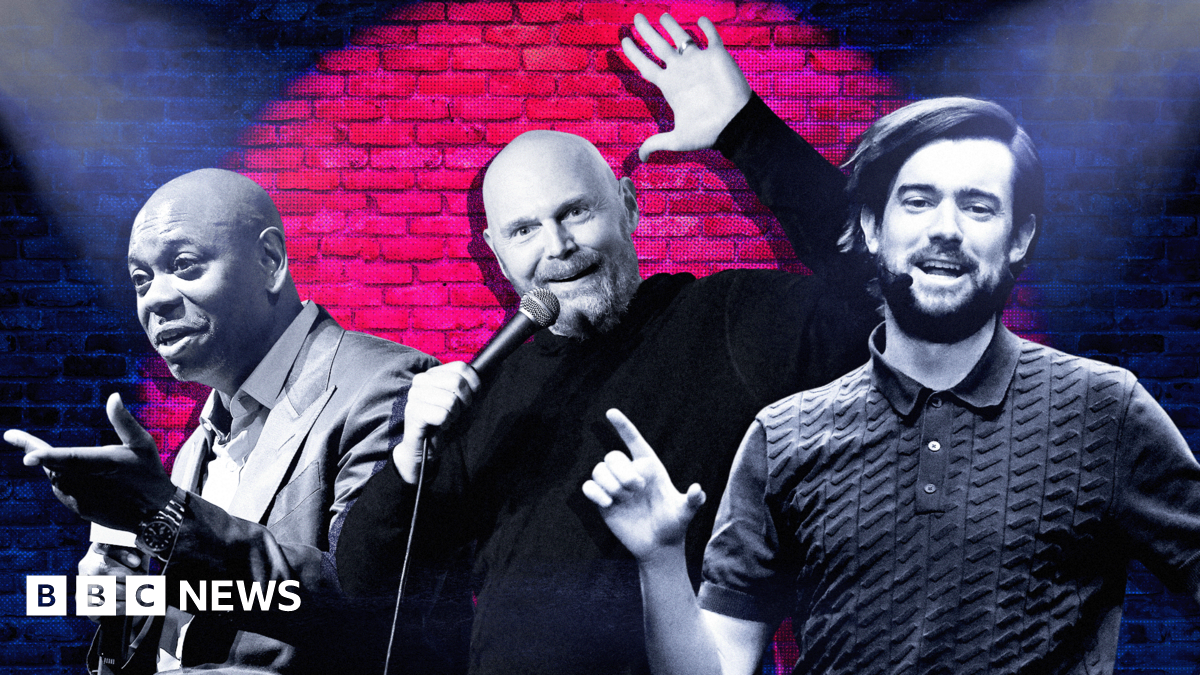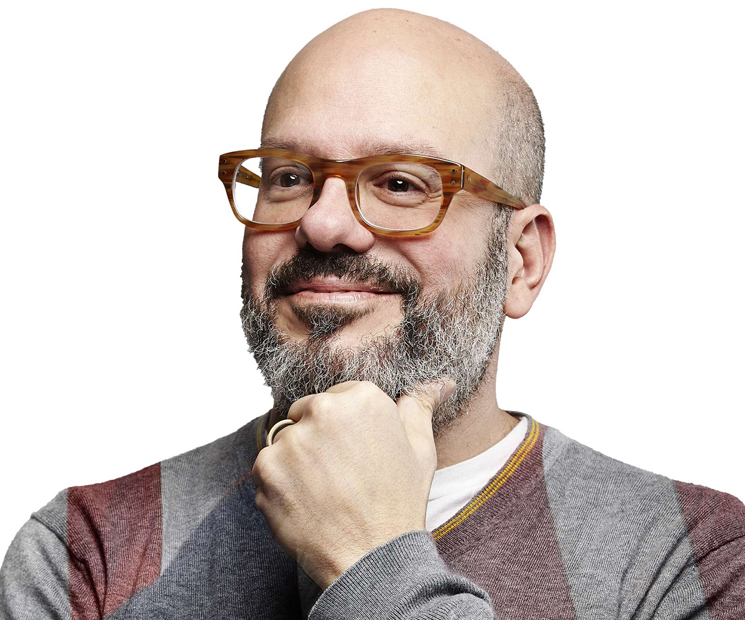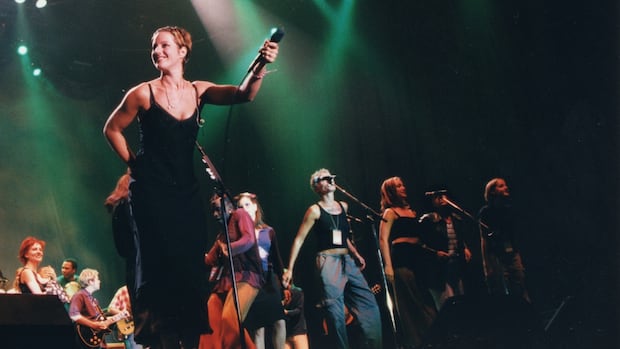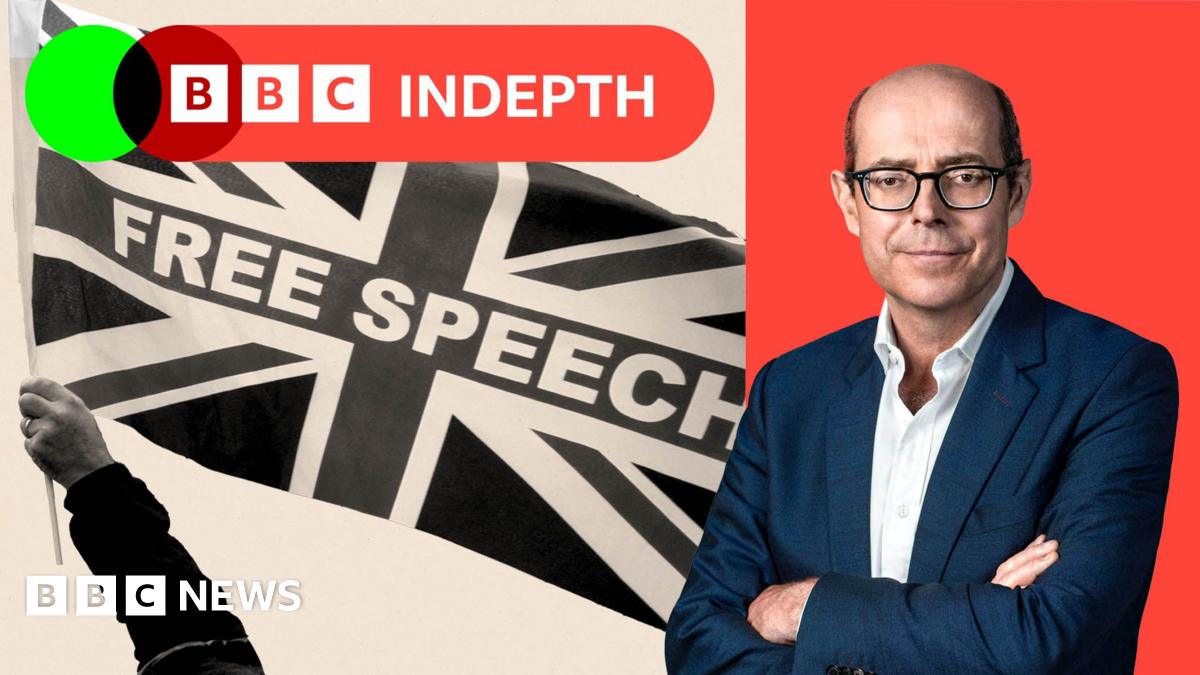Riyadh Comedy Festival Sparks Controversy: Balancing Humor and Human Rights
The first ever Riyadh Comedy Festival in Saudi Arabia has ignited a firestorm of debate, raising questions about artistic freedom, human rights, and the role of comedy in a changing society. While some celebrate the introduction of stand-up culture to the kingdom, others criticize the participating comedians for performing in a country with a controversial human rights record. The event features major names like Dave Chappelle, Bill Burr, and Jimmy Carr.
The Festival and Its Reception
The Riyadh Comedy Festival, which began on September 26 and runs through October 9, showcases over 50 comedians. According to attendees, the performances have included jokes about sex, marriage, and even some elements of Saudi culture. This type of comedy is unusual for the region, where social conservatism is prevalent. One ex-pat, identified as Sara, described the audience's response as "amazing," noting their enthusiasm.
Despite the warm reception from local audiences, there has been considerable criticism leveled at comedians for not addressing the country's human rights record during their sets. The contract for the Festival allegedly prohibited comedians from making jokes that could "degrade or defame" the Saudi Royal Family or religion.
Comedians Under Fire
Several prominent comedians have faced intense scrutiny for their participation in the festival. Human Rights Watch has accused performers of "whitewashing" the country's abuses. The festival's timing, coinciding with the seventh anniversary of the murder of journalist Jamal Khashoggi, has further fueled the controversy.
Jessica Kirson, a lesbian stand-up comedian, has apologized for participating and pledged to donate her fee to a human rights organization. David Cross expressed his disappointment with comedians like Chappelle, Burr, and Louis C.K. for "condoning this totalitarian fiefdom."
Defending Their Decisions
Some comedians have defended their decision to perform, citing financial incentives. Tim Dillon claimed he was offered $375,000, while others allegedly received even larger sums. Pete Davidson, when questioned about taking payment from the Saudi government given his father's death on 9/11, said: "I just know I get the (flight) routing, and then I see the number, and I go, 'I'll go.'"
Bill Burr stated that his experience at the festival challenged his negative assumptions about the region, adding that the royals enjoyed the show. Dave Chappelle argued that free speech is more constrained in the United States than in Saudi Arabia, and later said he is concerned about returning to the US because “they’re going to do something to me so that I can’t say what I want to say.”
The Bigger Picture: Saudi Arabia's Vision 2030
The Riyadh Comedy Festival is part of Saudi Arabia's Vision 2030, a plan to diversify the country's economy and transform its image. This initiative involves investing heavily in tourism, entertainment, and sports. While some in the West may disapprove, many Saudis are enthusiastic about this transformation.
| Issue | Details |
|---|---|
| Human Rights Concerns | Increased executions, imprisonment for social media posts, restrictions on free speech. |
| Comedian Criticism | Accusations of "selling out" and ignoring human rights abuses. |
| Financial Incentives | Comedians offered substantial fees for performing. |
| Saudi Arabia's Response | Vision 2030 aimed at economic and social transformation. |
The controversy surrounding the Riyadh Comedy Festival highlights the complex interplay between entertainment, politics, and ethical considerations. It remains to be seen what long-term impact this event will have on both the comedians involved and Saudi Arabia's efforts to modernize its image.
 Visit the website
Visit the website





)
